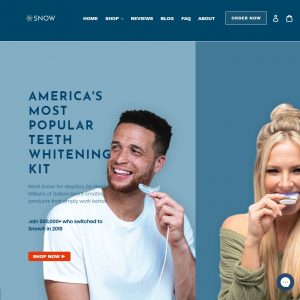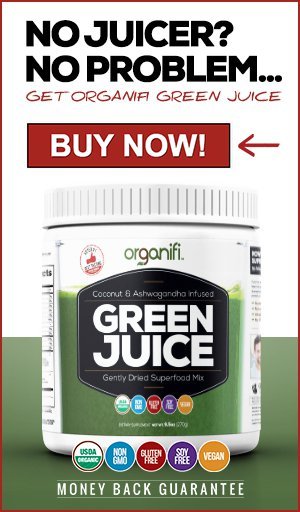
Supplements Claiming to be Cures are Some of the Biggest Fraud Tip-Offs
Promises for a quick cure or solution for a serious health problem may be hard to resist — but supplements claiming to shrink tumors, cure insomnia, cure impotency, treat Alzheimer’s disease, or prevent severe memory loss aren’t proven. Besides cheating you out of your money, they also may hurt your health.
Under Federal law, dietary supplements can’t be promoted for the treatment of a disease because they aren’t proven to be safe and effective.
Treat weight loss products with suspicion, too. Claims that you can eat all you want and still lose weight effortlessly just aren’t true.
To lose weight — and keep it off — you have to eat fewer calories and increase your activity.
Other tip-offs to a fraud include:
- Claims that one product does it all and cures a wide variety of health problems.
“Proven to treat rheumatism, arthritis, infections, prostate problems, ulcers, cancer, heart trouble, hardening of the arteries and more.” - Suggestions the product can treat or cure diseases.
“Shrinks tumors,” “Cures impotency,” or “Prevents severe memory loss.” - Words like scientific breakthrough, miraculous cure, exclusive product, secret ingredient, or ancient remedy.
“A revolutionary innovation formulated by using proven principles of natural health-based medical science.” - Misleading use of scientific-sounding terms.
“Molecule multiplicity,” “glucose metabolism,” “thermogenesis,” or “insulin receptor sites.” - References to Nobel Prize winning technology or science.
“Nobel Prize Winning Technology,” or “Developed by two times Nobel prize winner.” - Undocumented testimonials by patients or doctors claiming miraculous results.
“My husband has Alzheimer’s disease. He began eating a teaspoonful of this product each day. And now, in just 22 days, he mowed the grass, cleaned out the garage, weeded the flower beds, and we take our morning walk again.” - Limited availability and a need to pay in advance.
“Hurry. This offer will not last. Send us a check now to reserve your supply.” - Promises of no-risk “money-back guarantees.
“If after 30 days you have not lost at least 4 pounds each week, your uncashed check will be returned to you.”
What kinds of claims can companies make on food and supplement labels?
FDA-approved claims must be based on significant scientific evidence that shows a strong link between a food substance and a disease or health condition. They can state only that a food substance reduces the risk of certain health problems — not that it can treat or cure a disease. For example: “Calcium may reduce the risk of the bone disease osteoporosis. ”
Dietary supplements also can carry claims about the effect of a substance on maintaining the body’s normal structure or function — “Product B promotes healthy joints and bones” — but must include the disclaimer: “This statement has not been evaluated by the Food and Drug Administration. This product is not intended to diagnose, treat, cure or prevent disease.”
The FDA encourages consumers and health care professionals to report adverse events or serious side effects related to the use of these products to the FDA’s MedWatch Safety Information and Adverse Event Reporting Program (MedWatch).








Leave a Reply